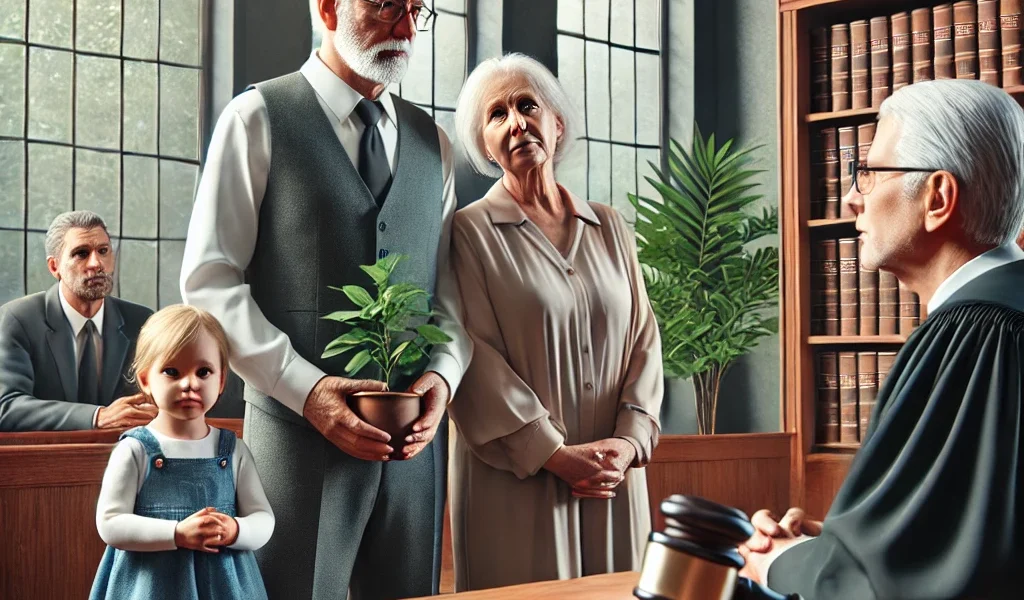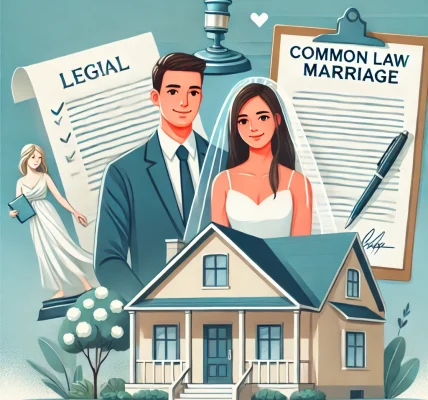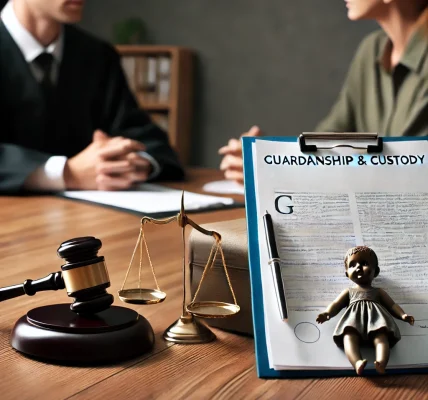Grandparents play a significant role in the lives of their grandchildren, providing love, stability, and guidance. However, when family conflicts arise, grandparents may find themselves struggling to maintain relationships with their grandchildren. Understanding the legal rights of grandparents regarding child custody and visitation is crucial for those seeking to stay connected with their loved ones.
This article provides a comprehensive overview of grandparents’ legal rights, the factors courts consider in custody and visitation cases, and the steps grandparents can take to secure their legal standing.
Understanding Grandparents’ Legal Rights
Grandparents’ legal rights in child custody and visitation vary by jurisdiction, as different states and countries have specific laws governing these issues. While parental rights generally take precedence, courts recognize that in some cases, maintaining a relationship with grandparents is in the child’s best interest.
Grandparents can seek legal custody or visitation in the following circumstances:
- If the child’s parents are deceased or incapacitated
- If the child is in an unstable or unsafe environment
- If the parents are divorced or separated
- If the parents have denied visitation without just cause
Types of Grandparents’ Rights
1. Visitation Rights
Visitation rights allow grandparents to spend time with their grandchildren under specific legal arrangements. Courts may grant visitation if it is determined that maintaining the relationship benefits the child’s well-being.
2. Custody Rights
In cases where parents are unable to care for the child due to incarceration, substance abuse, neglect, or other serious issues, grandparents may seek legal custody. This means they assume full parental responsibilities, including decision-making authority over the child’s upbringing.
3. Adoption Rights
In situations where the child’s biological parents have had their parental rights terminated, grandparents may seek to adopt the child legally. Adoption grants full parental rights and responsibilities to the grandparents, making them the child’s legal guardians.
Factors Courts Consider in Grandparents’ Custody and Visitation Cases
When determining whether to grant grandparents custody or visitation rights, courts consider several factors to ensure the child’s best interests are met. These factors include:
- Existing Relationship: The strength and duration of the bond between the child and the grandparent.
- Parental Rights: Courts prioritize parental rights and will only override them in extraordinary circumstances.
- Child’s Best Interest: The emotional, physical, and psychological well-being of the child.
- Parental Objection: If the parents object to visitation, courts assess whether the denial is reasonable or harmful to the child.
- Child’s Wishes: In some cases, courts may consider the child’s preferences, especially if they are old enough to express a reasoned opinion.
- Family Stability: Whether granting custody or visitation will provide the child with a more stable and supportive environment.
Legal Process for Grandparents Seeking Custody or Visitation
1. Filing a Petition
Grandparents seeking visitation or custody must file a petition in family court. This document outlines the reasons why they believe custody or visitation is in the best interest of the child.
2. Mediation and Negotiation
Many courts encourage mediation between parents and grandparents before proceeding with a legal hearing. Mediation can help both parties reach an agreement that serves the child’s best interest.
3. Court Hearing
If mediation is unsuccessful, a judge will review the case in court. Both parties will present their arguments, and the court will decide based on legal guidelines and evidence.
4. Issuance of Custody or Visitation Order
If the court grants custody or visitation rights, a formal order is issued, detailing the terms and conditions that must be followed.
Challenges Grandparents May Face in Custody and Visitation Cases
1. Parental Objections
Many custody or visitation disputes arise because parents object to the involvement of grandparents. Courts typically give parents the right to make decisions regarding their children, making it difficult for grandparents to obtain legal rights without strong justification.
2. Legal Costs and Complex Procedures
Seeking custody or visitation rights can be a costly and time-consuming legal process, requiring legal representation, court fees, and documentation.
3. Proving Best Interest
Grandparents must provide substantial evidence demonstrating that their involvement is in the child’s best interest, which may include testimonies, expert evaluations, and records of prior interactions with the child.
Tips for Grandparents Seeking Custody or Visitation
- Maintain a Strong Relationship – Consistently engaging in the child’s life can strengthen the case for visitation or custody.
- Document Interactions – Keep records of time spent with the child, including visits, calls, and support provided.
- Seek Legal Counsel – Consulting a family law attorney can help navigate the complexities of legal proceedings.
- Explore Mediation – Attempting to reach an amicable solution with the parents can avoid lengthy court battles.
- Demonstrate Stability – Show that you can provide a stable, safe, and loving environment for the child.
Conclusion
Grandparents play an invaluable role in their grandchildren’s lives, but legal challenges can arise when seeking custody or visitation rights. Understanding family law provisions, knowing the factors courts consider, and following the proper legal steps can improve the chances of maintaining a meaningful relationship with grandchildren. Consulting a legal professional can further assist grandparents in navigating these complex issues while ensuring the child’s best interests remain a top priority.




